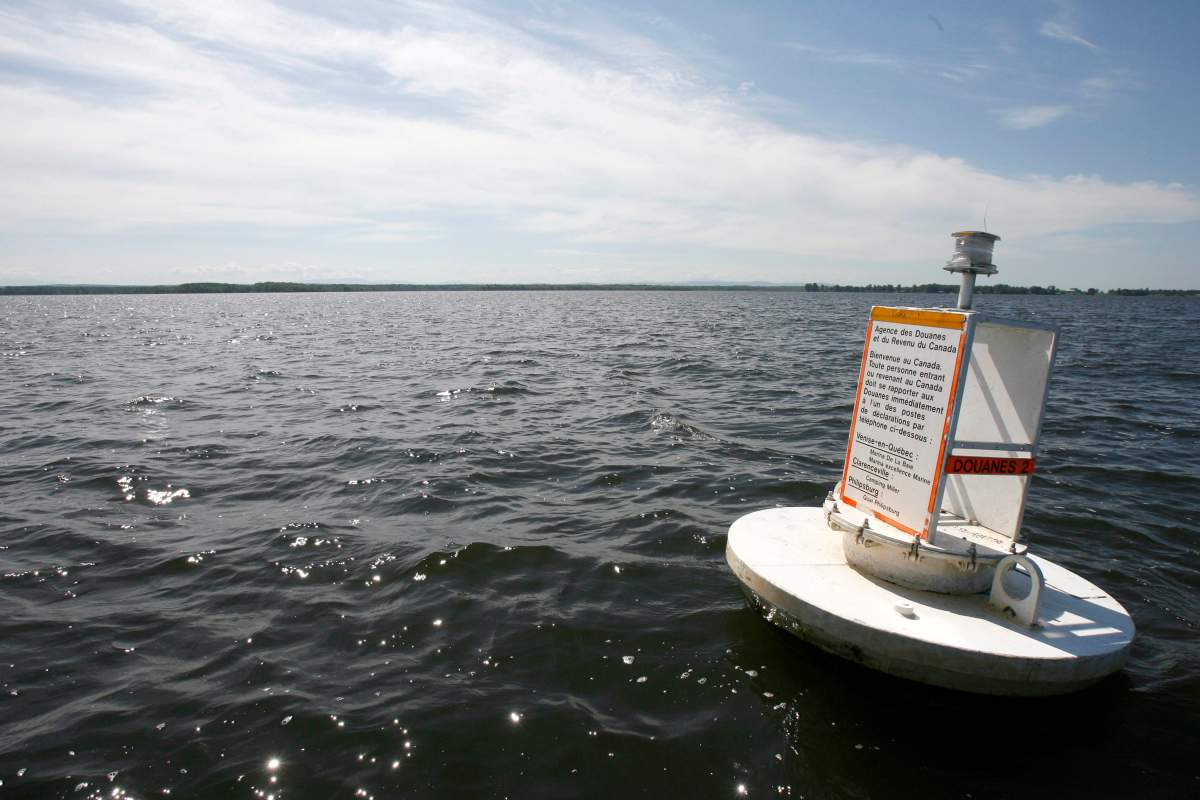Observers have been alarmed in recent days by hundreds of dead fish washing up on the shores of Missisquoi Bay in the Eastern Townships, near Quebec’s border with Vermont.

Frédéric Chouinard of the Organisme de bassin de versant de la baie Missisquoi (OBVBM) said several lifeless fish have been spotted every metre along the bay’s shore in the towns of Venise-en-Québec and Philipsburg, on the bay’s northern and eastern sides, respectively.
Chouinard noted that a variety of fish, including carp and pike, have been among those found dead on the beach, as have several birds.

Get breaking National news
It’s still unknown what’s causing the mass mortality event, or how long it’s been going on beneath the water’s surface, but Chouinard speculated that strong winds from the south are likely why the fish have been washing ashore in the two areas they’ve been sighted.
Two major episodes of mass fish mortality have been noted by the OBVBM in recent years. One, in 2005, was determined by Quebec’s environment ministry to be caused by the bacterium flexibacteriosis during a heat wave. The second was in 2012 and linked to cyanobacteria.
A third die-off involving only alewife was also observed in winter 2013.
The OBVBM has noted that human activity has accelerated the degradation of the Missisquoi Bay, in part by contributing nutrients that allow the development of cyanobacterium harmful to the local ecosystem and nearby humans alike.
— With files from the Canadian Press’ French-language service








Comments
Want to discuss? Please read our Commenting Policy first.